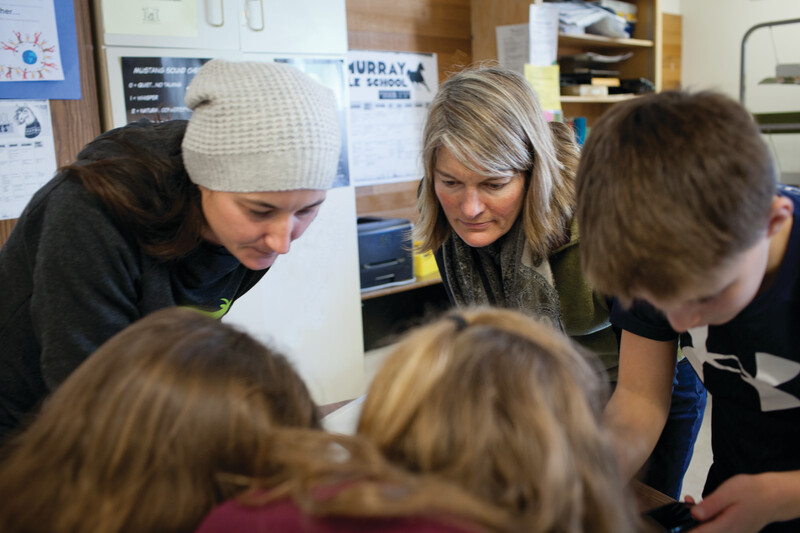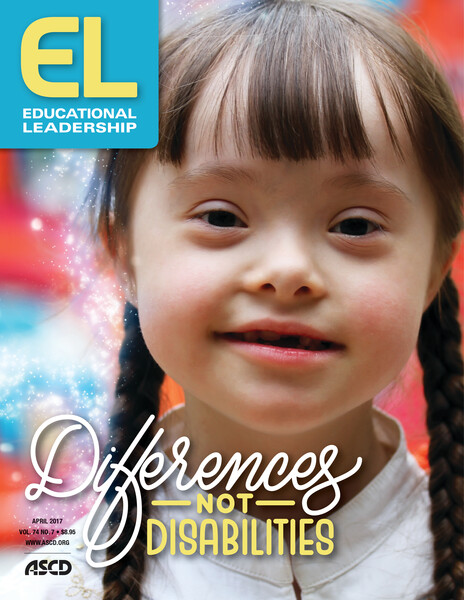Inspired by Barbara Boroson's book recommendations for "championing difference", I've been reading Sharon Draper's young adult novel Out of My Mind (Atheneum Books for Young Readers, 2010), which is told from the perspective of a quirkily intelligent 5th grader named Melody Brooks who has cerebral palsy.
There's a memorable scene early in the book in which Melody remembers the time she was tested for school-placement purposes at age 5. She essentially "fails" the test, with the gruff specialist informing her mother that, in his learned opinion, her daughter "is severely brain-damaged and profoundly retarded."
What the reader understands, however, is that the test was a woefully inadequate measure of Melody's true intelligence and potential. Some of the questions required her to indicate the answers orally or through hand motions—even though she has severely limited speech and mobility. In other cases, Melody's responses were more advanced or imaginative than the "correct" answers.
In the end, she simply gave up, realizing that the test wasn't going to capture the unique capabilities hidden inside her: "I knew the words and melodies of hundreds of songs—a symphony exploding inside my head with no one to hear it but me," she says by way of example. "But he never asked me about music."
That scene—and much else in Draper's award-winning book—resonated strongly for me in light of the powerful articles in this issue of Educational Leadership. Many of these pieces highlight the ways in which students with disabilities or learning differences are underestimated or discounted in school, in part through a tendency to view them through diagnostic (or otherwise limiting) labels and in part through a failure to see their potential more holistically. The authors argue, in effect, for a more robust and open-minded form of inclusion, one that doesn't risk overlooking students' assets.
In the tone-setting opening article, for example, Thomas Armstrong makes a provocative case for reorienting special education around a stronger appreciation of "neurodiversity"—that is, the full range in which human intelligence expresses itself—as opposed to the "deficit-based" approach he sees as currently predominating. In this new configuration, he writes, the role of the special educator would become "less one of correcting errors, remediating deficits, and teaching instructional objectives and more one of creating environments within which neurodiverse students can thrive."
Similarly, in his moving piece on students with Down syndrome and other forms of intellectual disability, Michael F. Giangreco notes that "opportunities and supports are extended when we think of intellectual disability as another dimension of individual difference—one of the constellation of characteristics that are part of the human condition". Expressing a notion that also runs throughout the issue, meanwhile, instructional consultant Deborah Wolter warns that over-identifying struggling students by their disabilities, as opposed to their potential, can put them at risk for "covert segregation" in schools.
Yet it's important to note that, for all their emphasis on normalizing difference, the authors in this issue don't discount the profound reality of learning differences either. Indeed, many of the articles focus on ways to make instructional systems more responsive to the particular needs of students with disabilities—and thus more genuinely inclusive. As editors, we were struck by the number of times Universal Design for Learning, a framework for providing a wider range of learning options in classrooms, came up in these pieces. That's clearly an idea that resonates with educators. Other, related strategies highlighted in the issue include leveraging assistive technology, effectively integrating accommodations and modifications, creating more holistic co-teaching partnerships, and simply—or perhaps not so simply—getting to know students and their work on a deeper, more intuitive level.
The aim, to use Boroson's words, is to guide students with learning differences to "maximize their potential, while still leaving room for [their] individualities to shine" (p. 18). As some of our authors point out—and as Melody Brooks' mainstream classmates ultimately discover in Out of My Mind—that kind of inclusiveness can be a game-changer for all students.
Figure








